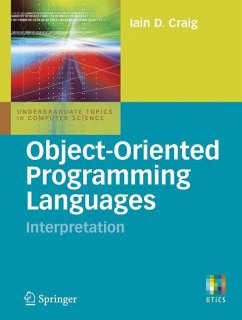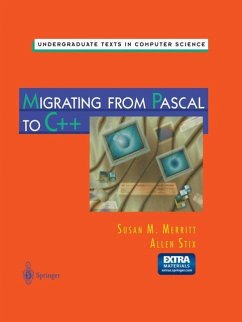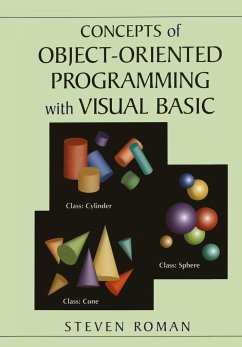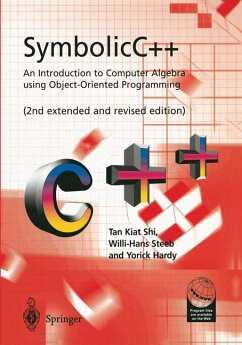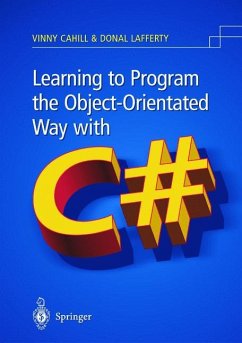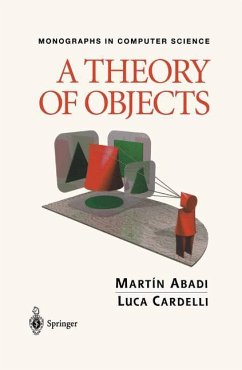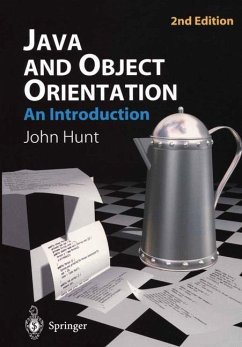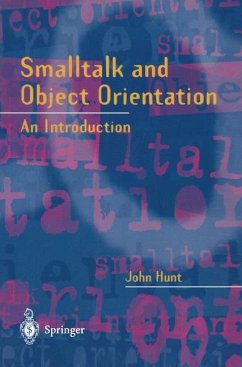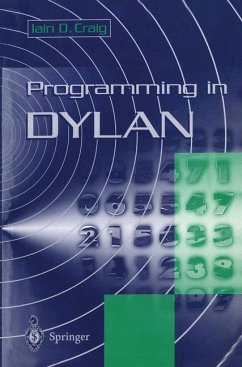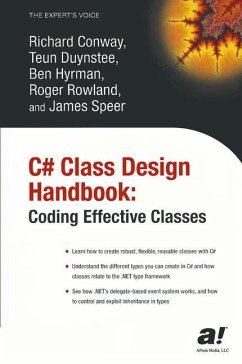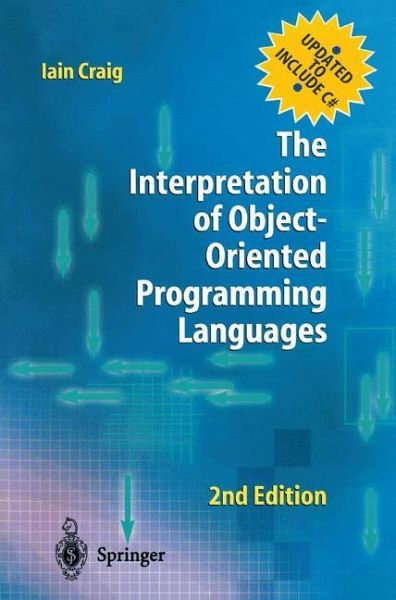
The Interpretation of Object-Oriented Programming Languages

PAYBACK Punkte
19 °P sammeln!
While there are many books on particular languages, there are very few that deal with all aspects of object-oriented programming languages as they currently stand. The Interpretation of Object-Oriented Programming Languages provides a comprehensive treatment of the main approaches to object-oriented languages, including class-based, prototype and actor languages.This revised and extended edition includes:- a completely new chapter on Microsofts new C# language, a language specifically designed for modern, component-oriented, networked applications. The chapter covers all aspects of C# that relate to object-oriented programming. - a new appendix on the BeCecil language, an extensible research language based on the prototypes concept. BeCecil is a kernel language that can implement object-oriented constructs within a single framework; BeCecil shows how OO concepts can be reduced to a common semantic core.
This book will be useful for final year undergraduates/first year postgraduates studying object-oriented programming, as well as research students and other requiring a detailed account of object-oriented programming languages and their central concepts.
This book will be useful for final year undergraduates/first year postgraduates studying object-oriented programming, as well as research students and other requiring a detailed account of object-oriented programming languages and their central concepts.
I was extremely surprised to learn that this book was so well received; I was even more surprised when a second edition was proposed. I had realised that there was a need for a book such as this but had not thought that the need was as great; I really wrote the book for myself, in order better to organise my thoughts on object-oriented languages and better to understand them. For the second edition, I have found and corrected mistakes and have added a completely new chapter on the C# language. The chapter on mixed paradigm languages has been relegated to an appendix, and a new appendix on the BeCecil language has been added. - C# is extremely popular. Given its apparent role as the major competitor to Java, it was clear that a chapter was necessary in which a comparison could be made. That chapter concentrates on the language and not on the runtime and support system. C# contributes some new features to the C++ derivatives. The language has rough edges (as Java does still) . It will be interesting to watch its development and to see whether it becomes accepted more widely.





